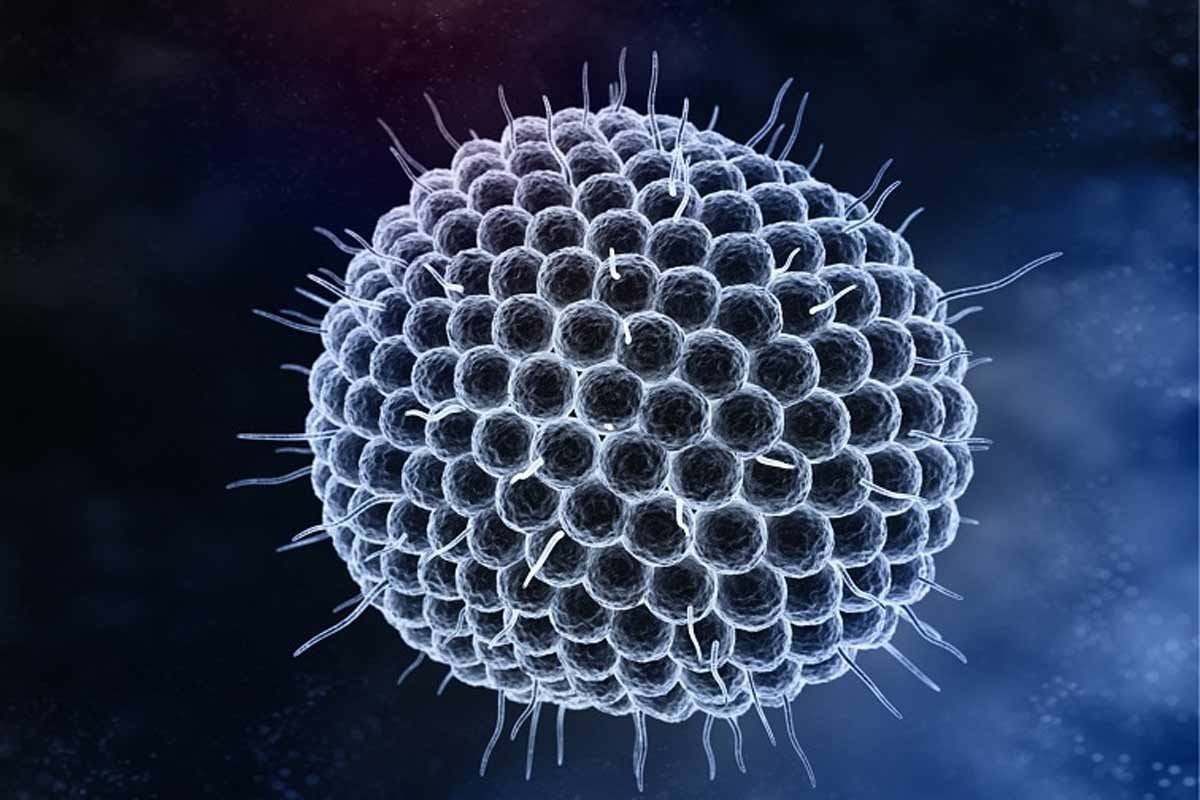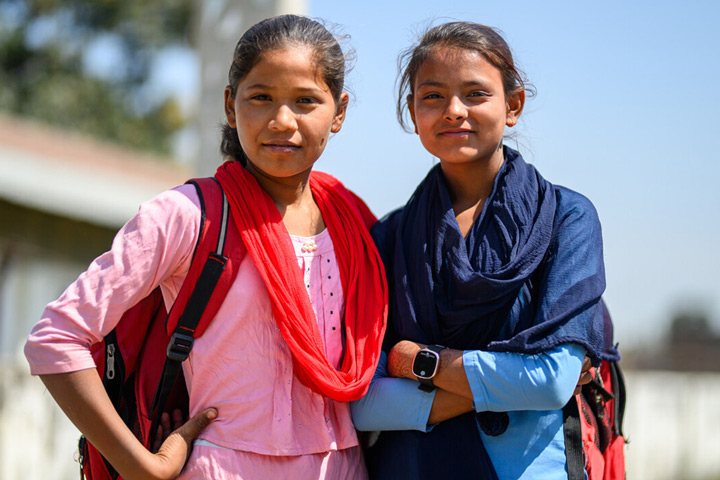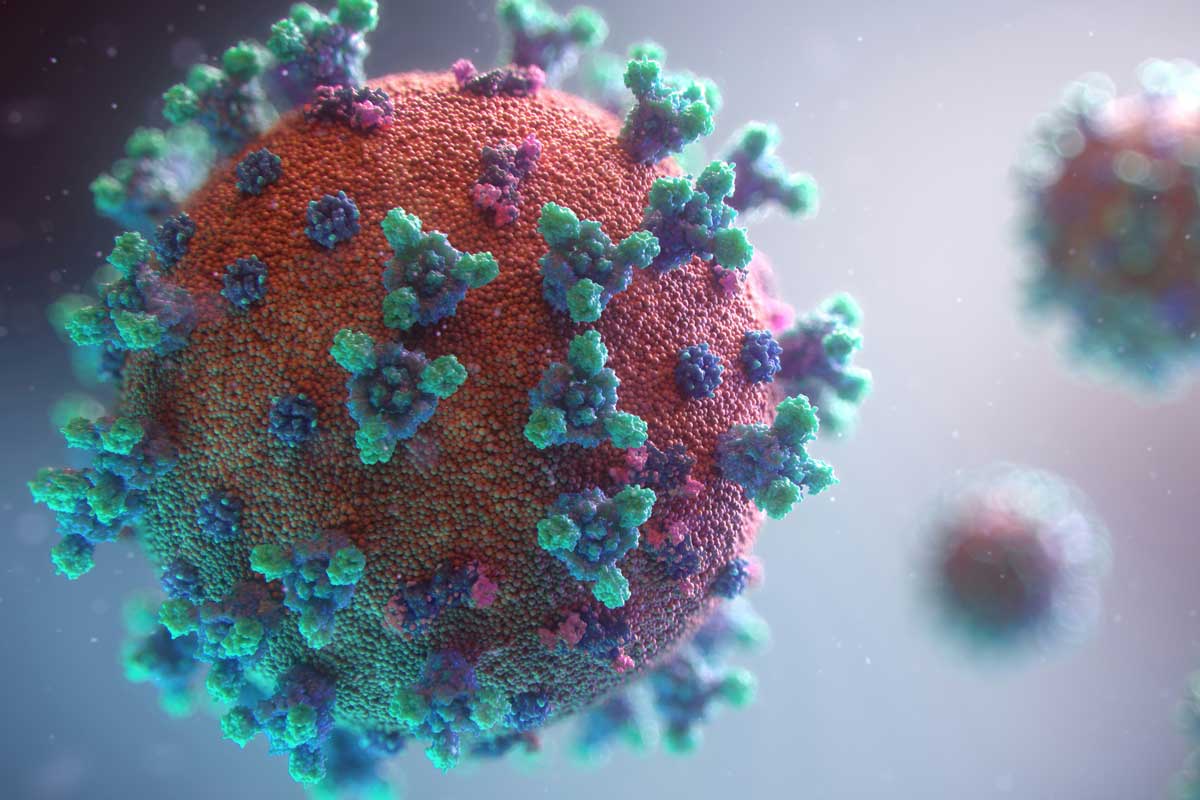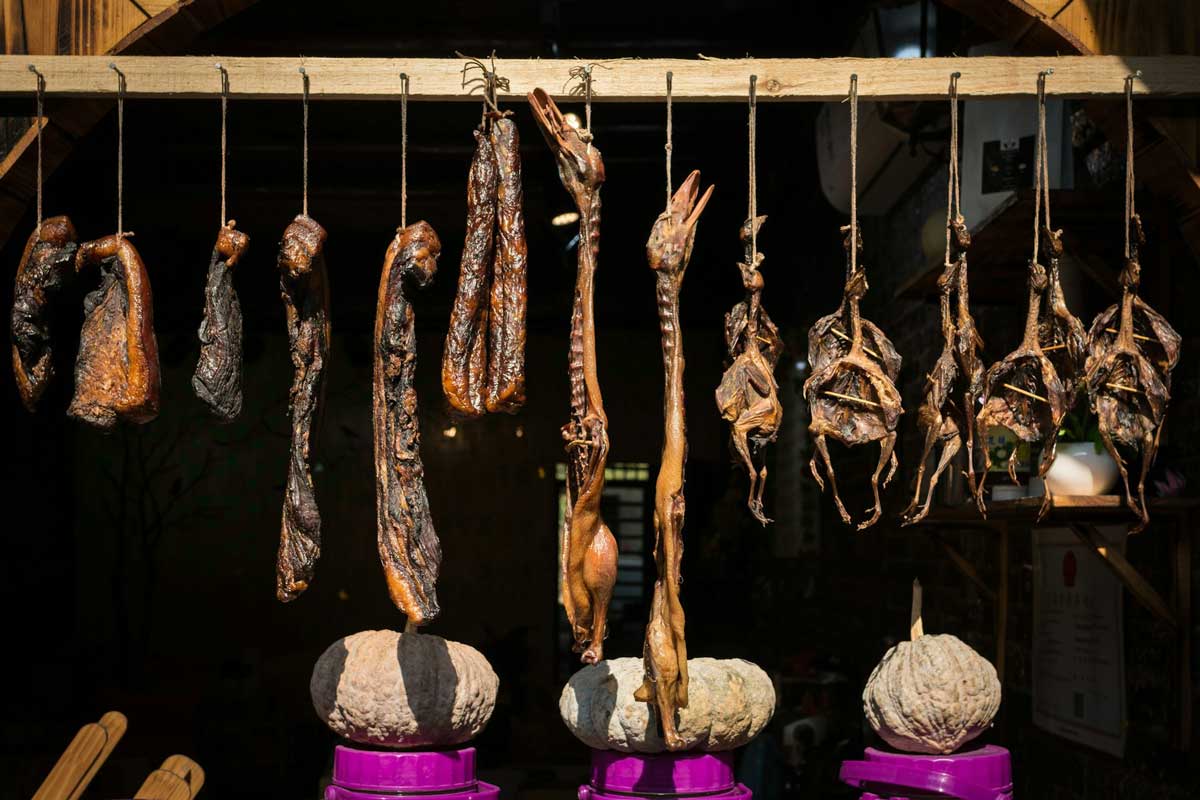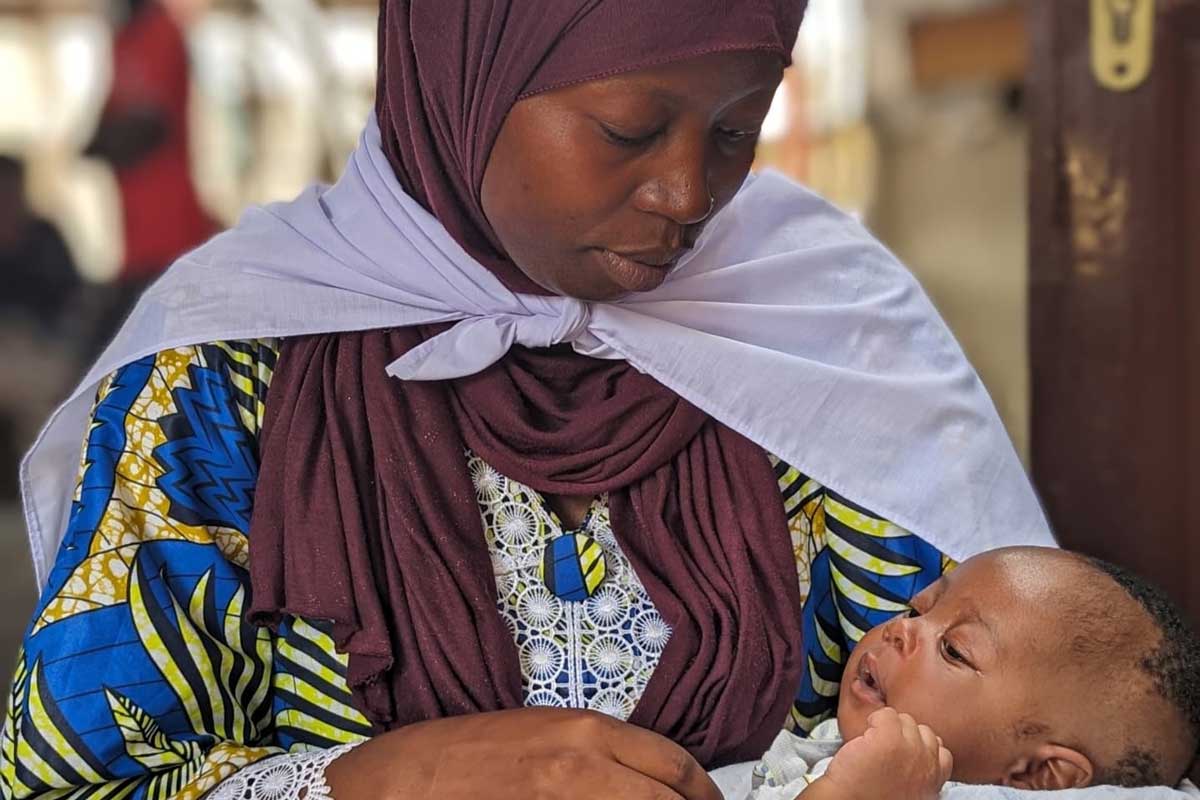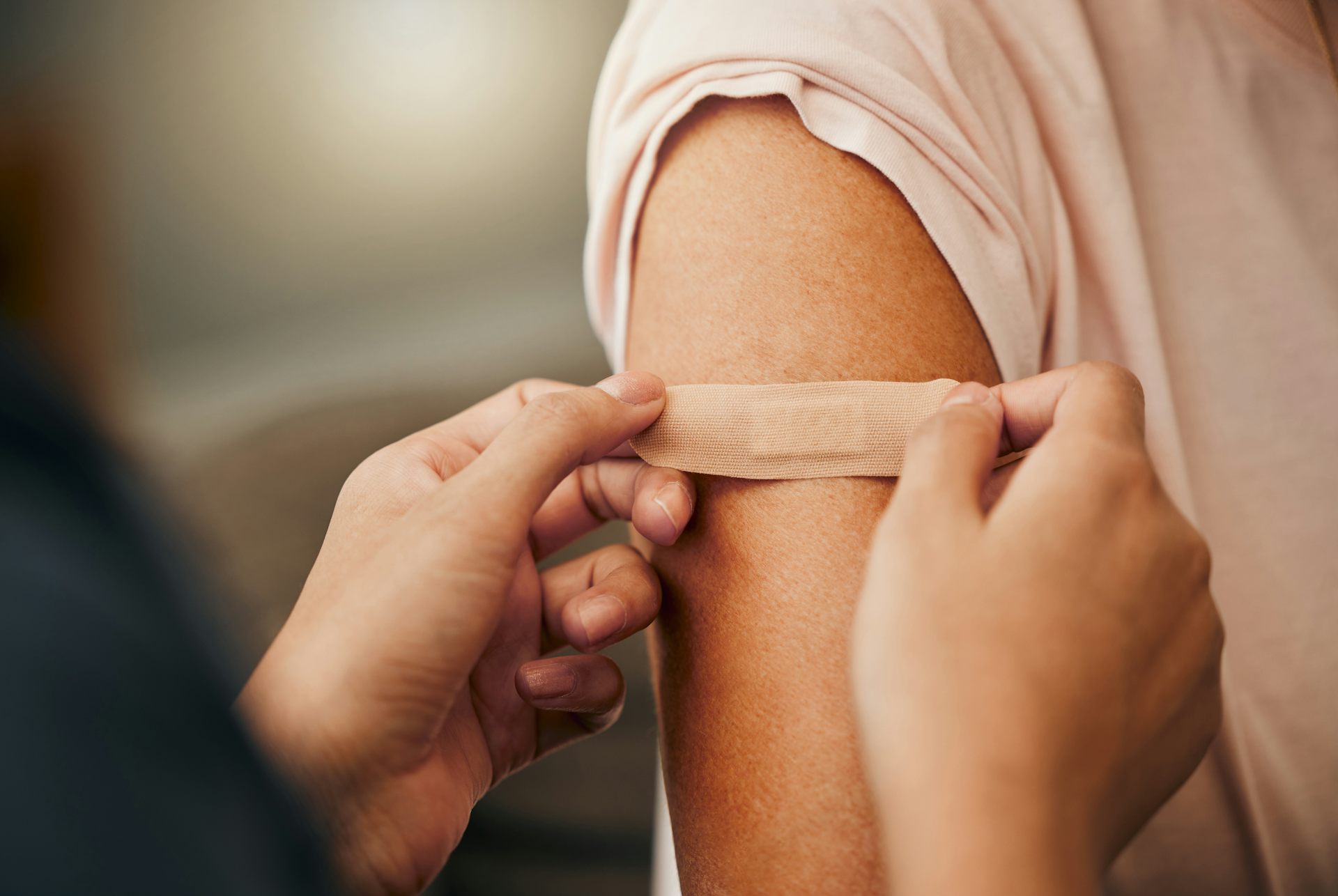Study suggests COVID-19 infection no longer grants long-lasting immunity
New research suggests that natural immunity after a COVID-19 infection has fallen sharply since Omicron became the dominant variant.
- 11 February 2025
- 3 min read
- by Priya Joi
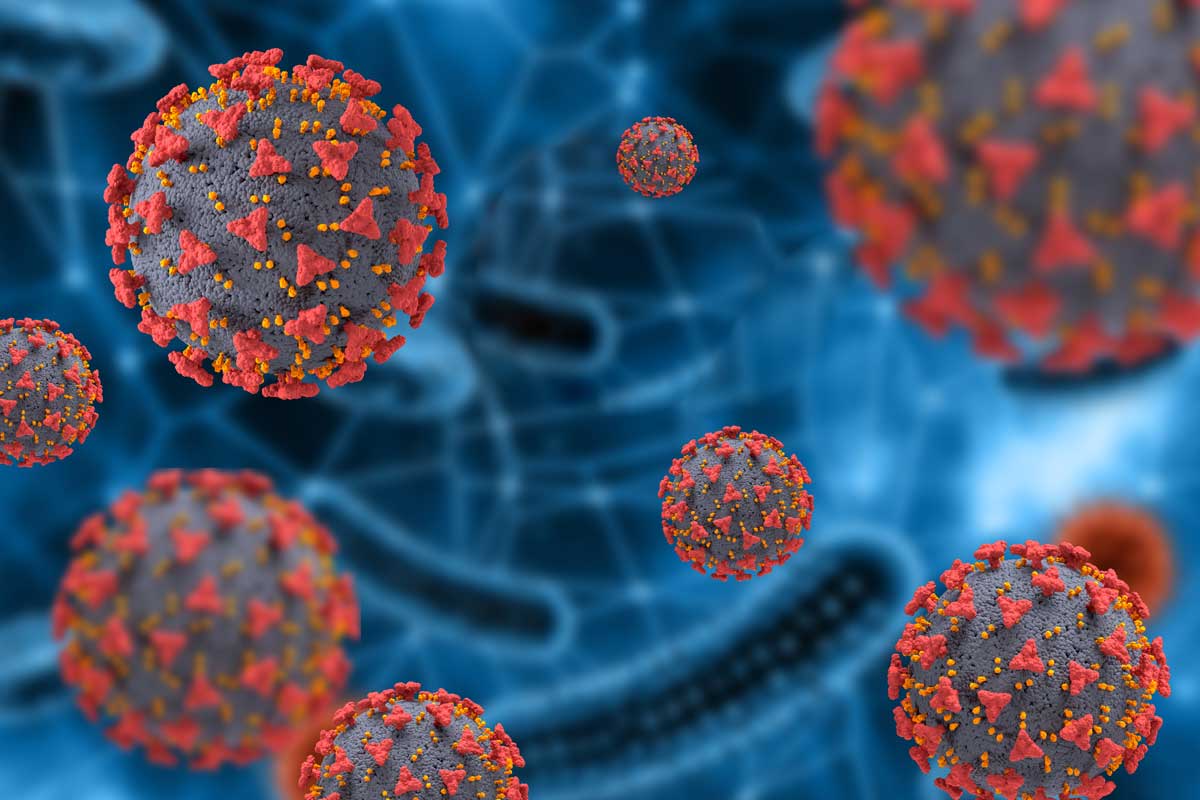
In the height of the COVID-19 pandemic, the only comfort from seeing those two lines pop up on a rapid test confirming infection was that at least you’d be insulated from reinfection for quite a while.
A study in Nature, however, has found that since Omicron hit in late 2021, there is effectively no such thing as long-lasting natural immunity to COVID-19.
Pre-Omicron, infection meant you had 80% protection against re-infection one year later. Post-Omicron, this has fallen to 5% protection at one year, highlighting that vaccination is more important than ever for people with vulnerable immune systems.
The evolution of the Omicron variant marked a significant shift in the way COVID-19 spread – it was much more contagious than previous variants and could evade vaccines better too.
There were also indications that Omicron might be able to dodge natural protection from a previous COVID-19 infection and therefore more likely to lead to reinfections.
Testing a population level
Hiam Chemaitelly at the Weill Cornell Medicine–Qatar, Cornell University, Qatar Foundation, Doha and colleagues studied the strength and duration of natural immunity in the Qatari population pre-Omicron and post-Omicron.
In the group with a pre-Omicron infection, their natural immunity protected them after reinfection (with a pre-Omicron virus) at 81% at three to six months after initial infection; a year later, protection was still maintained at 80%.
By contrast, in the group with a post-Omicron infection, the protection from reinfection dropped from 78% at three to six months to 60% at six to nine months, plummetingplummeting to 5% by a year.
To make sure that vaccination status wasn’t confusing their results, they analysed pre- and post-Omicron infections by whether people had been vaccinated or not, and the results were very similar.
An important finding, say the researchers, is that despite reinfection, previous infection still conferred “robust and durable protection against severe COVID-19 with no observed waning in this protection”.
Have you read?
Shifting evolutionary pressures
The researchers suggest that the shift in natural immunity after Omicron speaks to the different evolutionary pressures on the virus.
Before Omicron, many people had little immunity – especially before vaccine roll-outs – and so the main driver for the virus was to spread to as many people as possible, so the virus evolved Alpha and Delta variants that were far more transmissible.
By the time Omicron emerged in late 2021, however, many people, especially in high- and middle-income countries, had been vaccinated or infected with COVID-19 and had natural immunity. Thus, Omicron developed as the variant best-equipped to evade immunity.
The research team says that their findings point to the importance of continuing to monitor the virus as it evolves, and that it is critical that COVID-19 vaccines continue to be made available to those with vulnerable immune systems.
